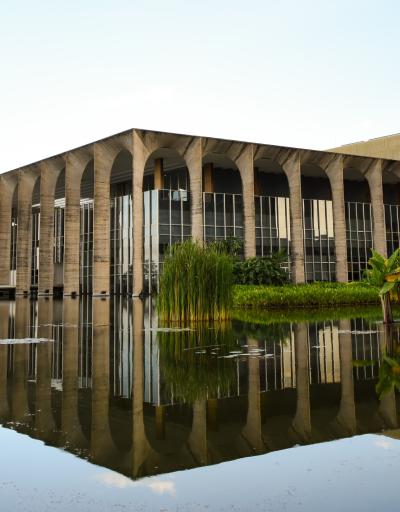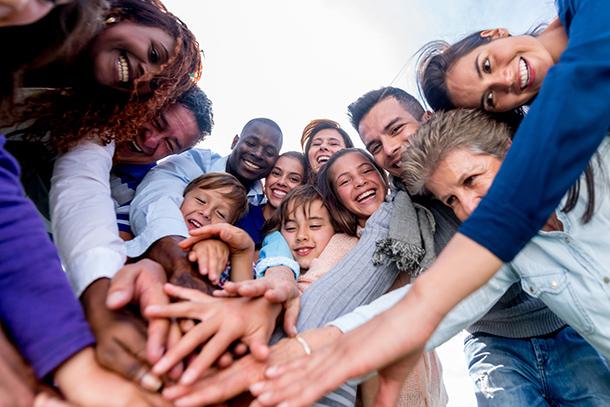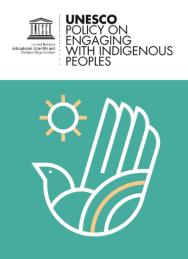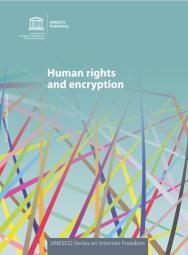
Human Rights in Brazil
Despite considerable and innovative work in promoting human rights, Brazil still has some challenges:
- Further understanding of the universality and indivisibility of civil, political, social, economic, and cultural rights
- Many still encounter significant difficulties in exercising citizenship, fundamental rights, and accountability
By mobilizing all social actors directly or indirectly involved in human rights advocacy, UNESCO can contribute to promoting citizenship, consolidating democracy, developing equality, and widespread access to justice and security. Such advancements are essential in leading the country to build and strengthen a culture of human rights and a culture of peace.

Major Legal Instruments on Human Rights
Supporting the Rights of Indigenous Peoples
UNESCO is committed to protecting the rights of indigenous peoples and enabling them to participate fully and equally, at the national and international levels, in achieving the objectives of the 2030 Agenda, which recognizes indigenous peoples as a distinct group and recognizes their role in global efforts to build a better future for all.
Indigenous peoples represent 5% of the world's population but are among the poorest 15% worldwide. They face several considerable challenges, including:
- increasing migration
- educational disadvantage
- pressure to assimilate other values culturally
- forced relocation
- gender-based violence and other forms of discrimination
- poverty
- limited access to health services, employment, information services and broadband connectivity
- the disappearance of their mother languages

Read more


More about Human Rights in Brazil
What you need to know about preventing violent extremism through education
Human Rights Education
Human rights education is an integral part of the right to education and is increasingly gaining recognition as a human right in itself. Knowledge of rights and freedoms is considered a fundamental tool to guarantee respect for the rights of all. The World Programme guides UNESCO’s work in human rights education.
Education should encompass values such as peace, non-discrimination, equality, justice, non-violence, tolerance, and respect for human dignity. Quality education based on a human rights approach means that rights are implemented throughout the whole education system and in all learning environments.

Publications





